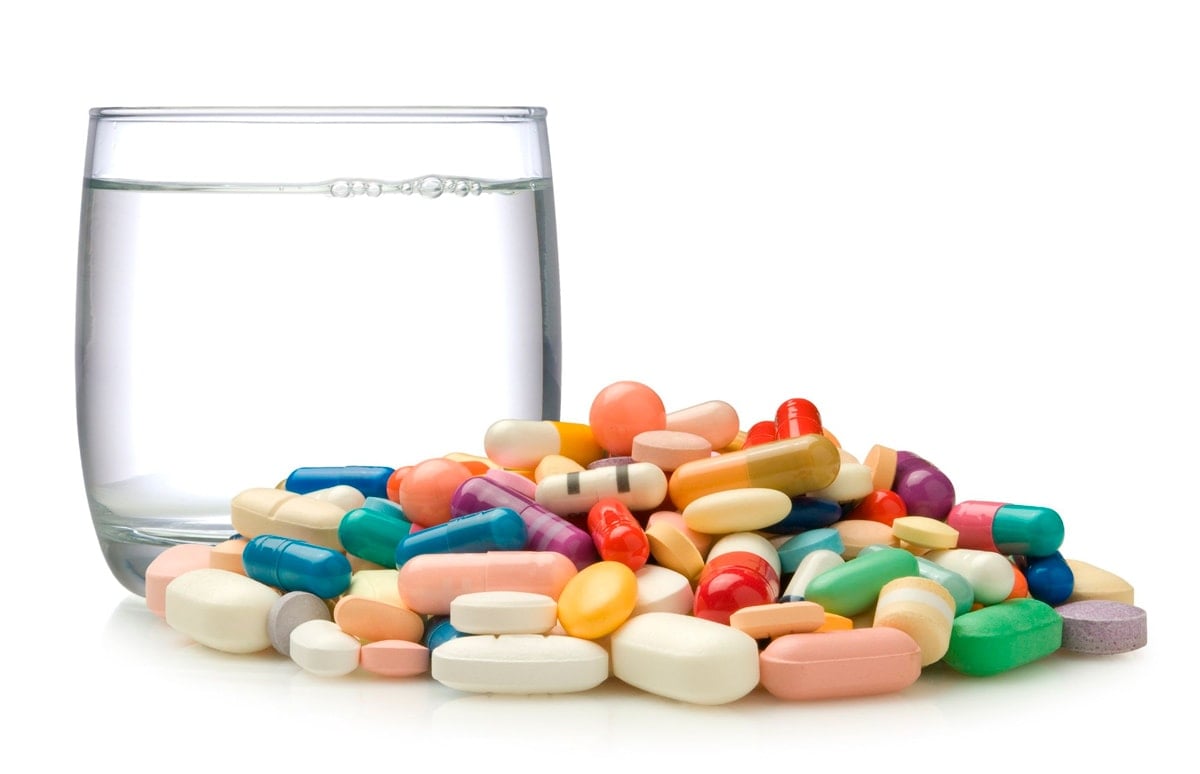Final step: Preventive life strategies

Which medications are used?
1. Bisphosphonates
This is the most commonly used group. Agents such as alendronate, risedronate, zoledronic acid slow down bone destruction.
Pros
- Reduces the risk of fractures by up to 40%. - Weekly or annual dosage options are available.
Cons
- Gastric irritation. (oral form)- Jaw bone necrosis. (very rare)
- Risk of atypical femur fractures with long-term use.
2. Denosumab
A monoclonal antibody administered subcutaneously every 6 months.
Pros
- Easy to apply, well tolerated. - Especially advantageous for those with impaired kidney function.
Cons
- If stopped suddenly, bone density will decrease rapidly. - After stopping treatment, another medication should be used.
3. Teriparatide
It is a derivative of parathyroid hormone that increases bone formation.
Pros
- It is very effective in preventing spinal fractures. - It is preferred in severe osteoporosis cases.
Cons
- Daily injection
High cost.
- Not recommended for more than 2 years. (Source: Endocrine Society Clinical Guidelines – 2022 Update)
Hormone therapy: Risky but effectiveIn women, the decrease in estrogen after menopause accelerates bone loss. Therefore, in some cases, “estrogen replacement” may be considered. However:
- Only if menopause symptoms are very pronounced. - If the risk of heart disease and breast cancer is low.
- Recommended if short term (2–5 years) planning
In men, if there is osteoporosis due to testosterone deficiency, low testosterone levels (below 300 ng/dL) and symptoms together, hormone replacement may be considered. However, this decision should be made carefully, as we have stated in our previous article. (Source: North American Menopause Society – Hormone Therapy Position Statement, 2022)
What should be done for long-term protection?Bone health is a lifelong investment. Treatment that begins with medication should be continued with lifestyle:
- Quitting alcohol and smoking.
- Physical examination every 6 months, DEXA follow-up every year.
- Home improvements to prevent falls.
Preventing recurring fractures is as important as treating osteoporosis, so an age-appropriate prevention plan is the foundation of healthy aging.
Do alternative supports work?Nutritional supplements do not replace medication, but are complementary to treatment.
What works
- Calcium + vitamin D combination - Vitamin K2 (reduces vascular calcification) - Magnesium and zinc (supports bone matrix)
- Collagen peptides (may contribute to bone elasticity)
Non-evidence based :
- Herbal remedies such as sage, fennel, elderberry - Magnetic bracelets or frequency devices
- “Calcium shell” supplements extracted from eggs
When taking supplements, blood levels of vitamin D and K2 in particular should be monitored and excess should be avoided.

If osteoporosis is diagnosed, especially if the T score is below -2.5 and there is a history of fracture, drug treatment is considered. However, not every low score immediately means medication. First, the following criteria are checked: - T score -2.5 and below + history of low-trauma fracture - Rapid height loss (>3 cm) in individuals over the age of 65 - Vertebral compression fracture (spine) - High FRAX score: Risk of fracture within 10 years >20%
(Source: National Osteoporosis Guideline Group (NOGG), 2023)
How should treatment be planned after a fracture?If a fracture has occurred, treatment becomes urgent. The goal is to both prevent new fractures and speed up the healing process.
The plan is made in the following steps:
- DEXA test and blood values are re-evaluated. - Calcium and vitamin D levels are supported. - Physical therapy and muscle strengthening exercises are started. - In-home fall precautions are taken.
- If necessary, bisphosphonate or denosumab is started.
Especially after a hip fracture, individuals should be directed not only to bone but also to muscle and balance training. Gait and balance training reduces the second fracture at an advanced age by 30%. (Source: British Geriatrics Society – Fall Prevention Toolkit, 2022)
Tomorrow: Testosterone- Total or free? Which testosterone value is important? - If cholesterol drops, does testosterone also drop? - Beta blockers, ACE inhibitors and the connection to libido - Why are two people affected differently by taking the same drug? - Antibiotics, antidepressants, painkillers: A silent blow to hormones
- How does weight gain lower testosterone?
SÖZCÜ





